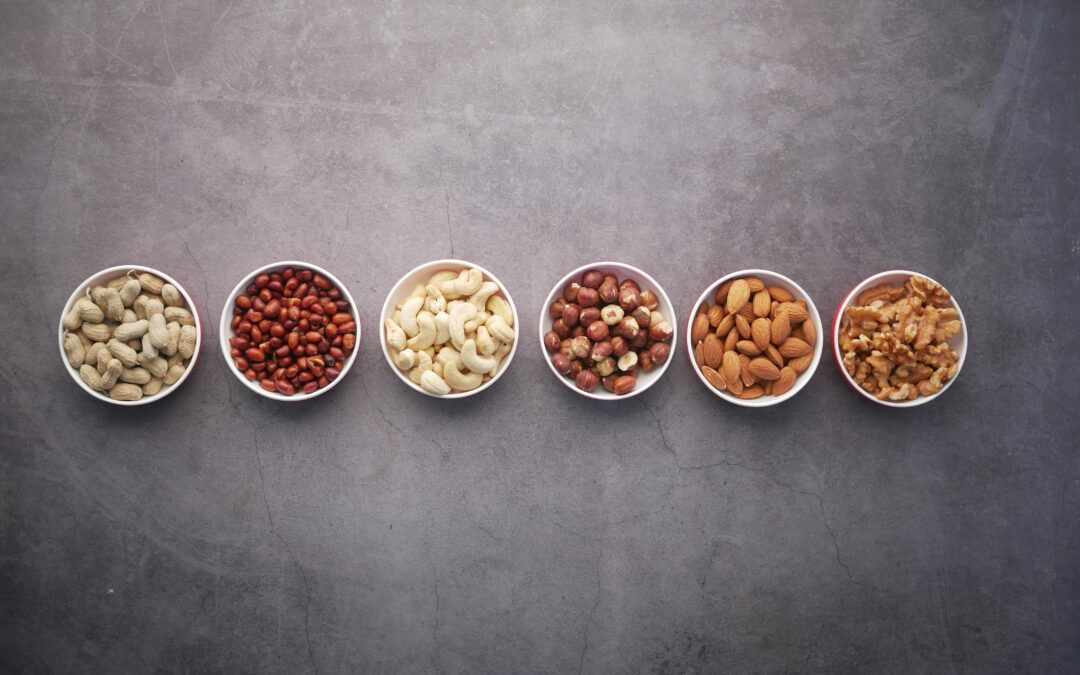Why is protein so important in perimenopause?
- Blood glucose levels – protein takes much longer to digest so blood glucose spike is much more gradual uses twice as much energy to metabolise (aids weight loss)
- Sleep – sometimes it’s hunger, hypoglycaemia or frequent urination of insulin resistance that wake us in the night melatonin, the sleep hormone, is made from tryptophan which is an amino acid (building block of protein). Not enough protein = less melatonin.
- Muscle mass – muscles are made of protein. Lack of protein = no building muscle, and potentially the body consuming muscle to meet other protein requirements
Signs of low protein: brittle hair and nails, hunger/sugar cravings, fatigue, low mood, lowered immunity, slow healing, muscle loss
How much?
- If inactive: 1g protein per kg “ideal bodyweight”
- If exercising/training regularly, 1.5-1.8g protein per kg bodyweight.
- If trying to build muscle: 2 g protein per kg bodyweight.
-
- (Make your goal weight realistic. If you have more than 10kg to lose, start at halfway between your current weight and goal weight.)
-
- Weight x 1.5 = grams of protein per day
- Build protein intake slowly, adding more fibre and more water for digestion.
- If bloating after meals: mindful eating, ACV/bitter greens or digestive enzymes
In planning every meal & every snack, think protein & colourful veg first, and build from there.
Put the most nutrient- dense foods on your plate first. Protein should make up about a ¼ of your plate, vegetables ½ and carbs and fats about ⅛ each.
NOTE –
- bread & milks vary dramatically – check labels. Be wary of g per 100g vs g per serve.
- GF will almost always have less protein, less fibre, more sugar.
- Cows milk 3.5 g per 100 ml, almond milk 0.5-2 g, soy milk 4-5 g.
- I don’t advocate for counting like this all the time, life is too short! Do it for a few days once a year.
A few notes on weight loss, if that’s one of your goals.
- It’s not just energy in, energy out, especially at this age, and the things you used to do to lose weight won’t work as well now. Continual energy restriction leads to adaptive thermogenesis – body turns down metabolism to conserve energy.
- Intermittent dieting (2 weeks on, 2 weeks off or 5/2) or intermittent fasting can help offset that, but it’s best to eat in the mornings rather than at night.
- High cortisol in the morning decreases appetite, but insulin and the digestive system are much more active before 2 pm, so you have more stable BGL, better digestion, better sleep compared to eating a big meal at night.

